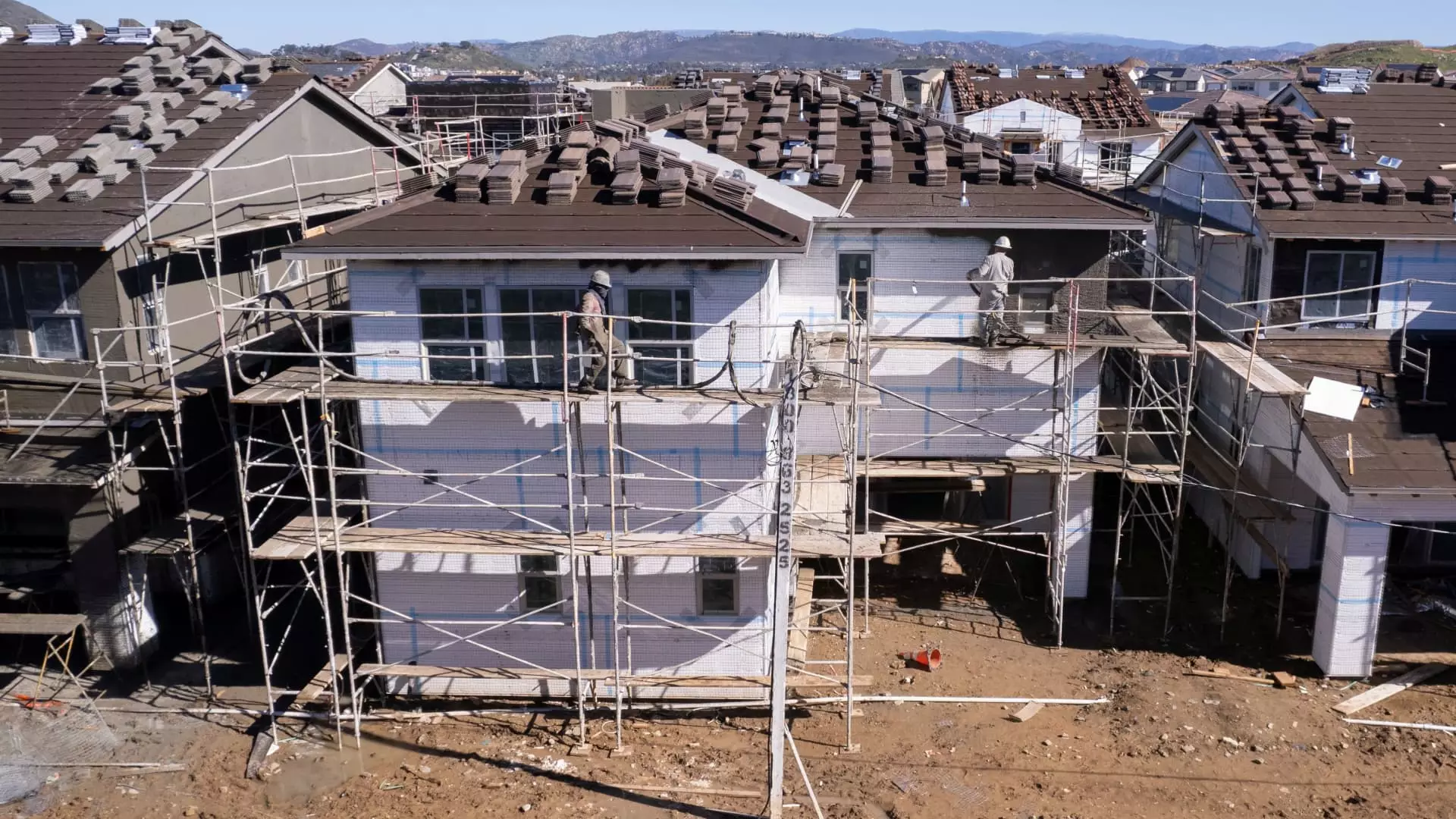In a surprising turn of events, shareholder returns for top homebuilders D.R. Horton and Lennar have outpaced the wider S&P 500 between August 2014 and August 2024. Analysts, however, have downgraded the investment outlook of both companies this summer. Despite this, some investors remain optimistic about the industry’s prospects for performance.
Industry observers have noted that the market positions of top homebuilders have grown significantly since the 2007-2008 financial crisis. According to Luis Quintero, a faculty member at Johns Hopkins University Carey School of Business, many homebuilders received a massive liquidity boost from stimulus packages in the early 2010s, allowing them to use these resources in any way they wanted. This influx of capital contributed to their growth and expansion in the market.
Quintero’s research suggests that lower levels of competition among homebuilders may be contributing to the U.S. housing shortage. The United States would need to rapidly build millions of new homes to alleviate the recent rise in housing prices. Some experts estimate the supply shortage to be anywhere from 2 million to 20 million housing units. Permit approval processes, particularly in areas with restrictive zoning laws, have slowed down residential projects, exacerbating the shortage. Areas with more open land and looser regulations, such as Texas, have seen more home sales due to the ease of development.
Permits and starts of new residential projects have declined from their peak in 2021, as elevated mortgage rates and rapid home price inflation continue to deter potential buyers from the market. Vice President Kamala Harris and former President Donald Trump have offered differing views on zoning reform, which could influence the pace of residential construction. Harris advocates for relaxing restrictive zoning laws to spur new construction, with a goal of constructing 3 million new homes by the end of the next presidential term. On the other hand, Trump opposes efforts to bring denser housing to suburban areas and has criticized the current administration for the inflation situation, making it difficult for young people to afford homeownership.
As the housing market continues to evolve, homebuilders will face challenges and opportunities in navigating this changing landscape. It is crucial for companies to adapt to market dynamics, regulatory changes, and consumer preferences to thrive in the future. By identifying and addressing key issues such as the housing shortage, zoning reform, and inflation, homebuilders can position themselves for success in an uncertain market environment.

